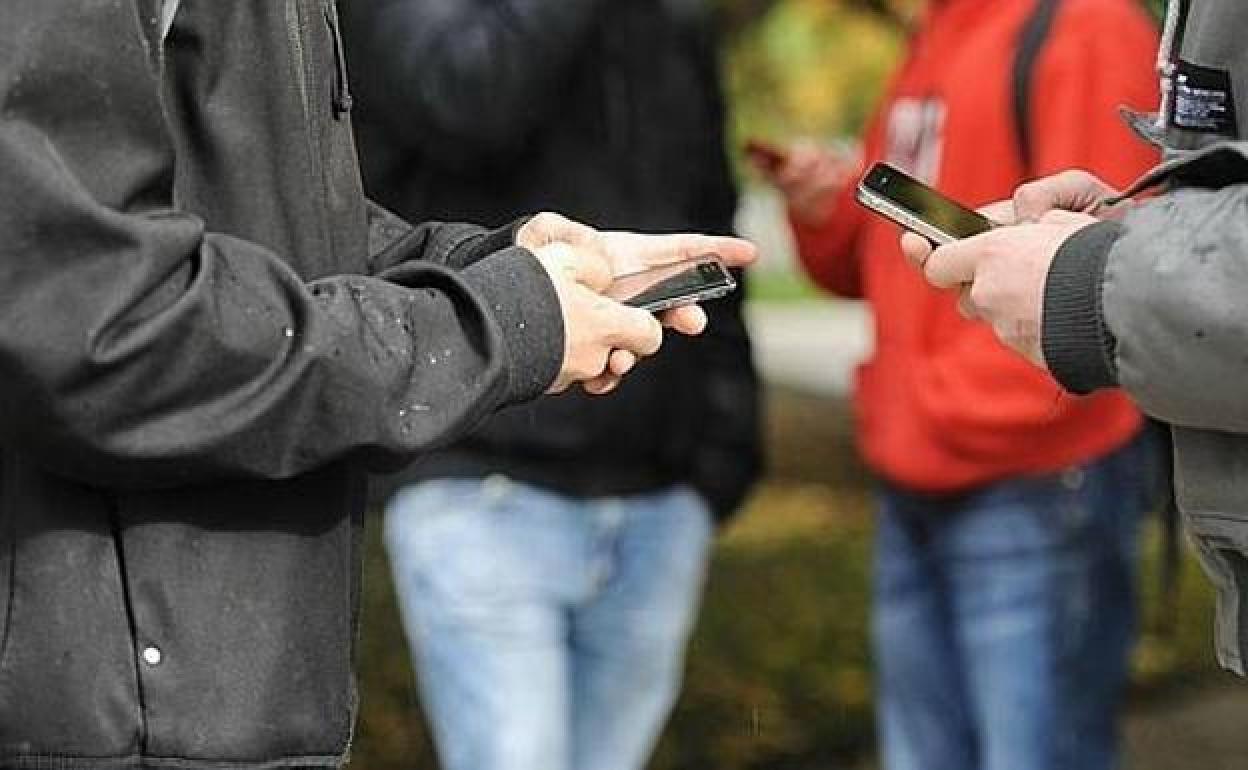Young people experience anxiety without their mobile phones, a pioneering University of Malaga study finds
The investigation set out to discover what would happen to a teenager or young person - aged between 15 and 24 - if they were forced to go without their mobile device for a week
ROSSEL APARICIO
Malaga
Friday, 30 September 2022, 13:02
What would happen to a teenager or young person - aged between 15 and 24 - if they were forced to go without a mobile phone for a week? This is one of the questions that a pioneering experiment in Europe, led by the University of Malaga sought to answer.
The project, launched in 2020, also involved the Complutense University of Madrid, the Miguel Hernández University of Elche and several international partners such as the University of Vienna and the Portuguese University of Beira Interior.
Almost a hundred participants – from Malaga, Madrid and Elche – disconnected for a week and recorded their impressions in a diary, as well as completing surveys.
The research, led by Professor Pedro Farias and co-directed by Professor Bernardo Gómez, also sought to analyse the credibility of the news received by these young people via social networks, among other factors of interest.
Initially, volunteers were allowed to use their devicel on a regular basis to record the average time of consumption for all types of use. This was calculated as five hours a day. "Of these, four were dedicated exclusively to social networks, first and foremost WhatsApp, then Instagram and thirdly TikTok, the latter constantly increasing as the only information channel for the youngest," the report noted.
Participants said: "I had a need to have my mobile phone close to me. I was anxious if I was far away. I felt calm just by having it close to me".
The study found that the young people and adolescents returned to very similar levels of consumption at around five hours, as before the experiment. However, as the study notes, they all admitted that the abstinence helped them to realise that they were hooked on their phone and that their whole life is tied to their device. The vast majority admitted that the handset takes time away from them and often even deprives them of family relationships at home.
During the week they were without a mobile phone, the usual isolation was transformed into more quality time with their loved ones. "When I'm at home, after dinner, I go to my room to watch TikTok and by not having a mobile phone I've had more family life," one participant said.
Another commented: "I've watched a series with my parents without distraction: I've enjoyed it. We [had] argued a lot about the use of the mobile phone and this week we have hardly argued at all: it has been a relief".
